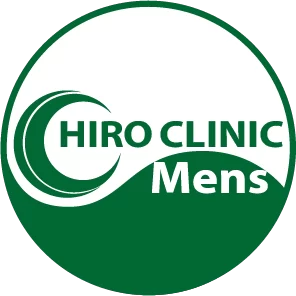この記事の概要
The field of hair loss treatment is constantly evolving, and recently the use of nanotechnology has been gaining attention. Nanotechnology is the manipulation of matter on an extremely small scale and has led to revolutionary advancements in the medical and cosmetic fields. This article details the potential of nanotechnology in hair transplant surgery.
What is Nanotechnology?
Nanotechnology is the technology to control and manipulate matter on a scale of 1 nanometer (1 nm = 10^-9 meters). This technology enables precise processing at the molecular and atomic level, and is expected to have a wide range of applications.
Application of nanotechnology to hair transplant surgery
1. Nanoscale transplantation technology
The use of nanotechnology allows for more precise transplantation compared to traditional hair transplant techniques.
Nanoneedles: The use of nano-sized needles minimizes damage to hair follicles and promotes healing at the transplant site.
Nanomaterials: Using special materials containing nanoparticles can improve hair follicle retention.
2. Promotes hair regrowth
Nanotechnology offers new ways to promote hair regrowth.
Nanocarrier: Active ingredients are encapsulated in nanocarriers and delivered directly to the hair follicles for maximum hair growth benefits. This enhances the effectiveness of hair growth medications such as minoxidil and finasteride.
Nanoscale Growth Factors: The use of growth factors at a nanoscale effectively promotes hair follicle regeneration.
3. Scalp care with nanoparticles
Scalp care products that utilize nanotechnology offer deeper penetration and better results.
Nano Shampoo: Shampoos containing nanoparticles penetrate deep into the pores to maintain a healthy scalp.
Nano Treatment: Nanoparticle treatments efficiently deliver the nutrients your hair needs, supporting healthy hair growth.

Benefits and challenges of nanotechnology
Advantage
High Precision: Nanotechnology allows for extremely precise manipulation, making it highly effective in hair transplantation and restoration.
Effective drug delivery: Delivery of active ingredients in nano-sized particles allows for effective treatment.
Improved recovery: Nanotechnology may help reduce recovery time after surgery.
Assignment
Establishment of the technology: Hair transplant technology using nanotechnology is still in the research stage, and many challenges remain before it can be applied clinically.
Cost: Nanotechnology-based treatments can be expensive and may take time to become widespread.
Safety: Much is still unknown about the long-term effects of nanoparticles, and safety studies are needed.
Future Outlook for Nanotechnology
Nanotechnology has the potential to be revolutionary in hair loss treatment. Here’s what the future holds.
1. Personalized Medicine
Nanotechnology has the potential to develop treatments that are optimized for individual patients. It is expected that the effectiveness of treatments will improve dramatically if treatments can be customized based on genetic information and physical constitution.
2. Strengthening self-regenerative abilities
The application of nanotechnology could lead to the development of new treatments that enhance the hair follicle’s ability to regenerate itself, thus promoting natural hair growth and providing long-term results.
3. Development of non-invasive treatments
Nanotechnology is also expected to contribute to the development of non-invasive treatments, such as nanoparticle-based drug delivery systems and nanoscale laser therapy, which may reduce pain and burden on the body.
Summary
Nanotechnology holds great promise in the fields of hair transplant surgery and hair loss treatment. Applications of nanotechnology are expanding, including the development of highly accurate transplantation techniques, effective drug delivery systems, and scalp care products. However, many challenges remain to be overcome, including technological establishment, safety confirmation, and cost issues. Let’s hope that with further research and development, innovative hair loss treatments using nanotechnology will become a reality.








